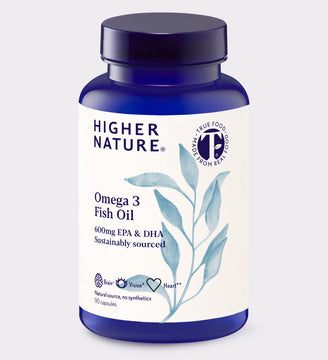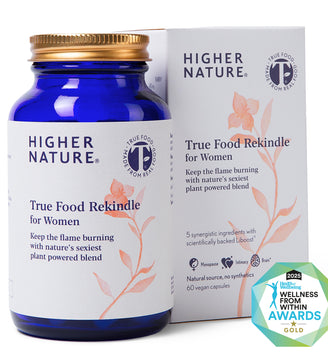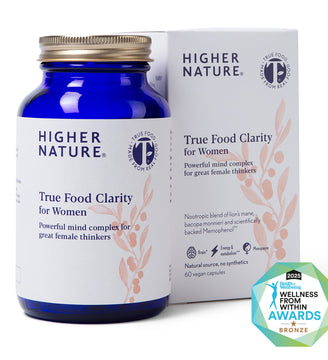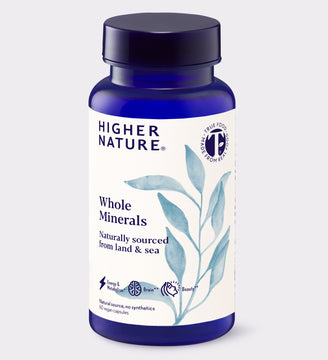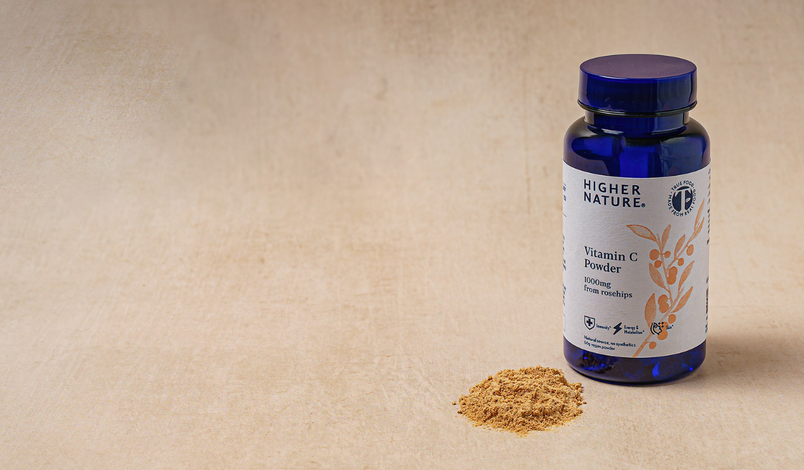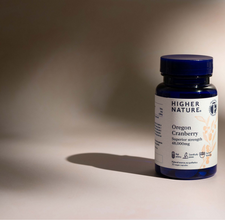
The hygiene hypothesis
Higher Nature Nutrition Team
Coined the hygiene hypothesis, scientists speculated that the increase in personal hygiene coupled with a lack of exposure to infectious agents during childhood might be to blame.
They proposed that due to urbanisation and modern practises, including the widespread use of antibiotics, our environment had become too clean, disrupting the natural development of the immune system and establishment of immune tolerance.
Immune system development
Immune tolerance begins before we are born and is an essential part of immune development, involving our complex gut flora which allows us to live successfully in a world teeming with bugs. The immune system effectively learns to react appropriately to our external environment. If faulty, this can give rise to allergy, hay fever for example, or more serious autoimmune conditions where the immune system begins to attack itself, such as Crohn’s Disease.
Over the last decade, as our understanding of the microbiome has evolved, the concept of the hygiene hypothesis has too. Scientists are now shifting towards the ‘old friends’ proposal. Although similar to the hygiene hypothesis, it points the finger at the lack of microbial exposure to organisms that our ancestors would have co-evolved with, rather than the absence of relatively new germs such as influenza and cleanliness. In other words, perhaps rather than being too clean (let’s not forget the huge leaps forward made in controlling infectious disease that simple hand washing brings about), we have lost touch with more wild surroundings and its multitude of beneficial microbes.
It is interesting to note that in less industrialised areas of the world where lifestyles remain more rural, autoimmune disease is practically unheard of, whilst in Westernised cultures, the incidence of allergic diseases is much lower in those children who grow up on farms.
As we unlock the secrets of the gut microbiome, expanding our understanding of its influence on immune tolerance and many other aspects of our health, no doubt the debate will evolve further.
As to future generations - maybe getting down and dirty in nature really will be the new nurture!


